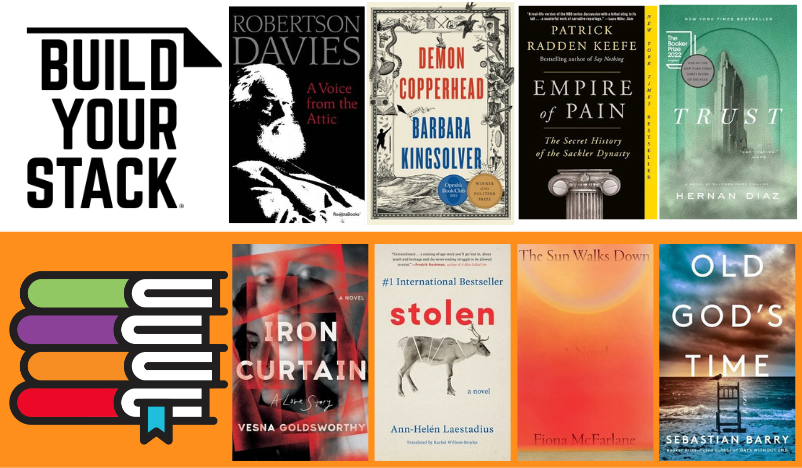This blog post was written by NCTE member Carol Jago. This post is part of Build Your Stack®, an NCTE initiative focused exclusively on helping teachers build their book knowledge and their classroom libraries. Build Your Stack provides a forum for contributors to share books from their classroom experience; inclusion in a blog post does not imply endorsement or promotion of specific books by NCTE.
“Finally! Time to read,” teachers chorus as school lets out. With no lessons to plan or papers to read, it’s suddenly possible to pick up a book without a glimmer of guilt. But what shall it be?
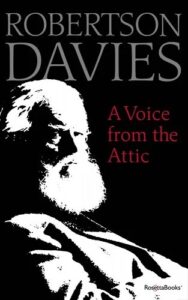 Lists of “beach books” abound, but I’m not sure that binge reading of saccharine stories provides the intellectual
Lists of “beach books” abound, but I’m not sure that binge reading of saccharine stories provides the intellectual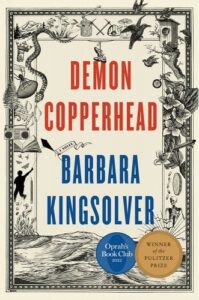 nourishment we are starved for. Like a fast-food fix, they appease the appetite without satisfying the deep longing for something more. I want my summer books to be less hard work than War and Peace but rather more substantial than Gone Girl. As the Canadian novelist Robertson Davies describes in A Voice from the Attic: Essays on the Art of Reading, I try to, “read for pleasure, but not for idleness; for pastime but not to kill time.”
nourishment we are starved for. Like a fast-food fix, they appease the appetite without satisfying the deep longing for something more. I want my summer books to be less hard work than War and Peace but rather more substantial than Gone Girl. As the Canadian novelist Robertson Davies describes in A Voice from the Attic: Essays on the Art of Reading, I try to, “read for pleasure, but not for idleness; for pastime but not to kill time.”
Turning the final page of a book, I want to feel that I’ve learned something I didn’t know before I began. This year’s two Pulitzer Prize winners in fiction fall perfectly into this category. Barbara Kingsolver’s Demon Copperhead borrows the framework of Charles Dickens’ David Copperfield to tell a story about the toll that opioid use takes on the lives of Appalachian teenagers. You don’t need to know anything about David Copperfield to be moved by this book. And if you are a lover of nonfiction and want to know more about the real villains, Patrick Radden Keefe’s Empire of Pain: The Secret History of the Sackler Dynasty is a perfect companion read.
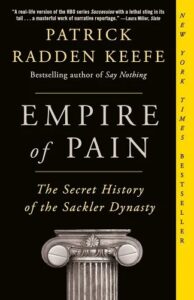 The other Pulitzer Prize winner in fiction—by no means a runner-up; in an unusual move the judges awarded
The other Pulitzer Prize winner in fiction—by no means a runner-up; in an unusual move the judges awarded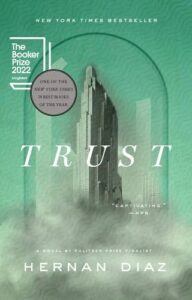 the prize to both—is Trust by Hernan Diaz. I had put off reading this novel when it first came out because reviews made it sound overly complex which I interpreted as contrived. Not so! This is an extraordinarily constructed tale that challenges the reader to decide which narrator to “trust.” In some ways it reminded me of Lawrence Durrell’s The Alexandria Quartet, though unlike Durrell, Diaz packs his story about high finance and wealth into a single slim volume.
the prize to both—is Trust by Hernan Diaz. I had put off reading this novel when it first came out because reviews made it sound overly complex which I interpreted as contrived. Not so! This is an extraordinarily constructed tale that challenges the reader to decide which narrator to “trust.” In some ways it reminded me of Lawrence Durrell’s The Alexandria Quartet, though unlike Durrell, Diaz packs his story about high finance and wealth into a single slim volume.
Other books I recommend for your summer reading:
- Iron Curtain by Vesna Goldsworthy
- Stolen by Ann-Helén Laestadius
- The Sun Walks Down by Fiona McFarlane
- Old God’s Time by Sebastian Barry
I have never thought the beach was the best place to read anyway. Too much sand.
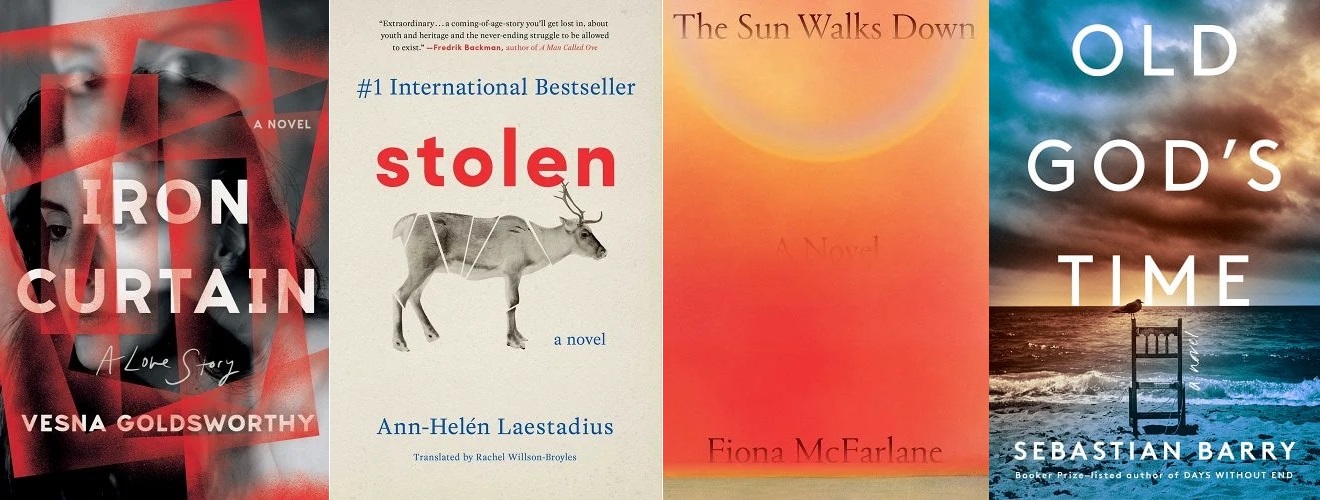
NCTE and independent bookstores will receive a small commission from purchases made using the Bookshop.org links above.

Carol Jago is a longtime English teacher and past president of the National Council of Teachers of English. She is associate director of the California Reading and Literature Project at UCLA and currently serves on the executive board of the International Literacy Association.
It is the policy of NCTE in all publications, including the Literacy & NCTE blog, to provide a forum for the open discussion of ideas concerning the content and the teaching of English and the language arts. Publicity accorded to any particular point of view does not imply endorsement by the Executive Committee, the Board of Directors, the staff, or the membership at large, except in announcements of policy, where such endorsement is clearly specified.

